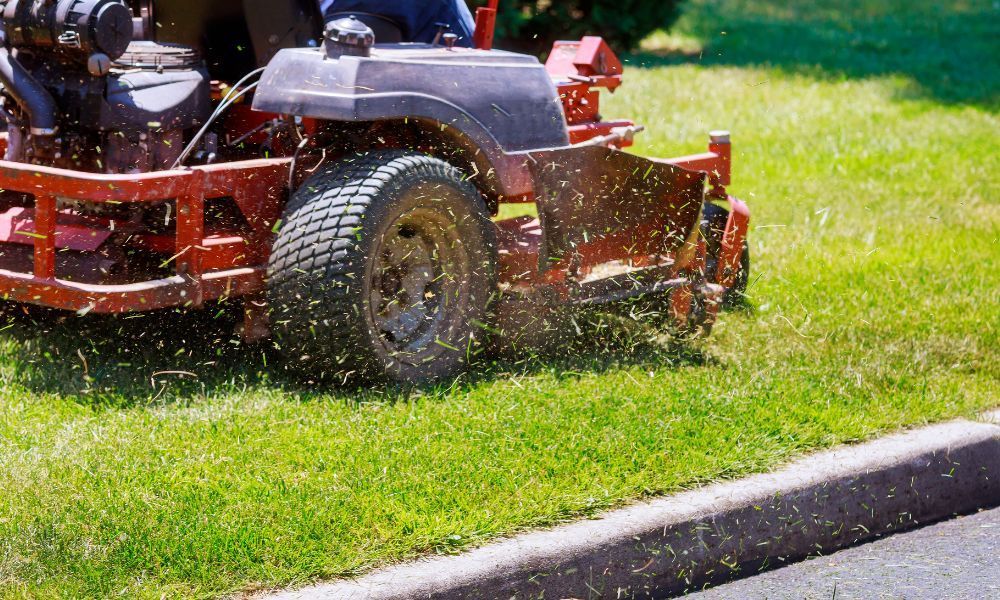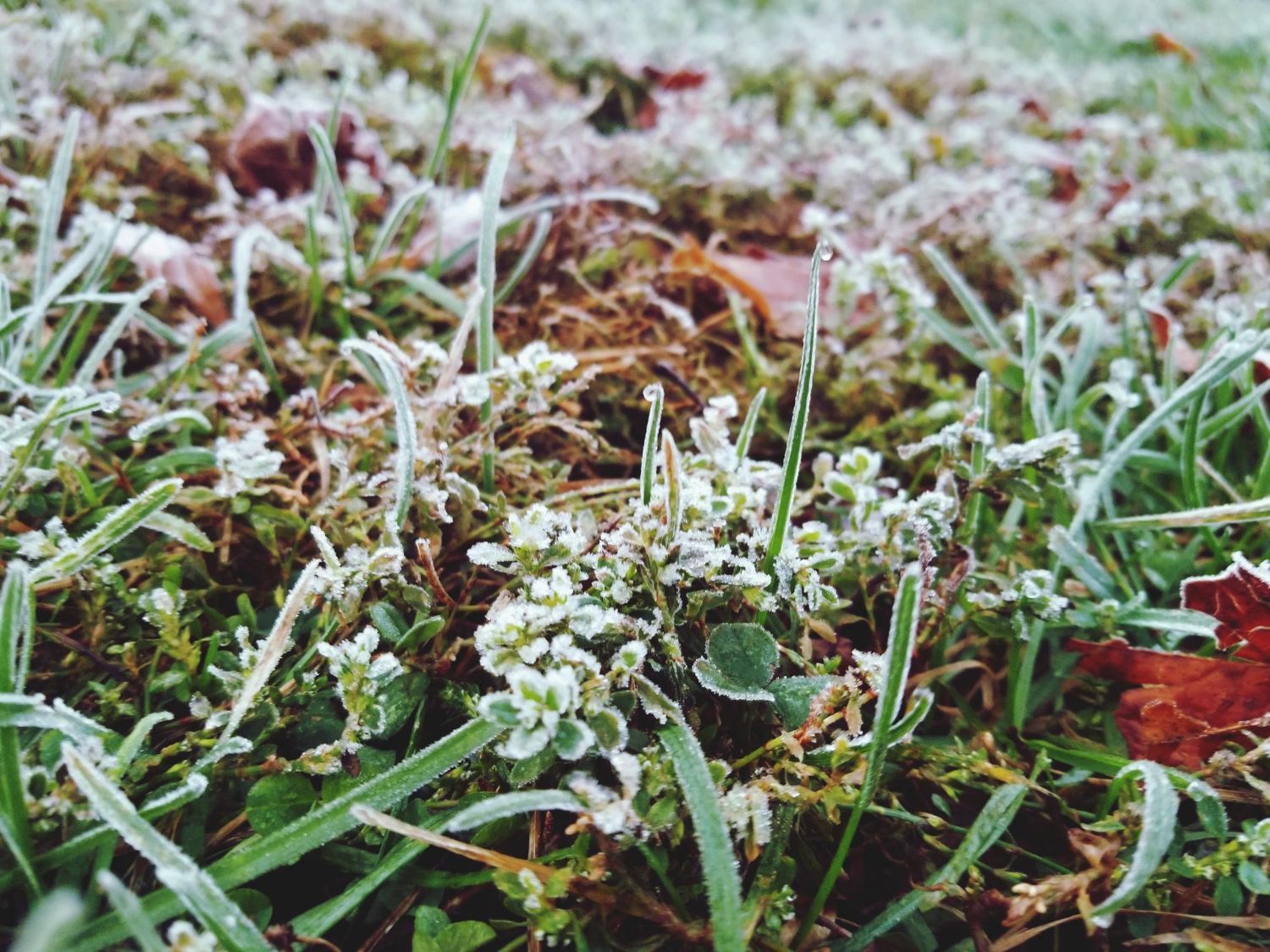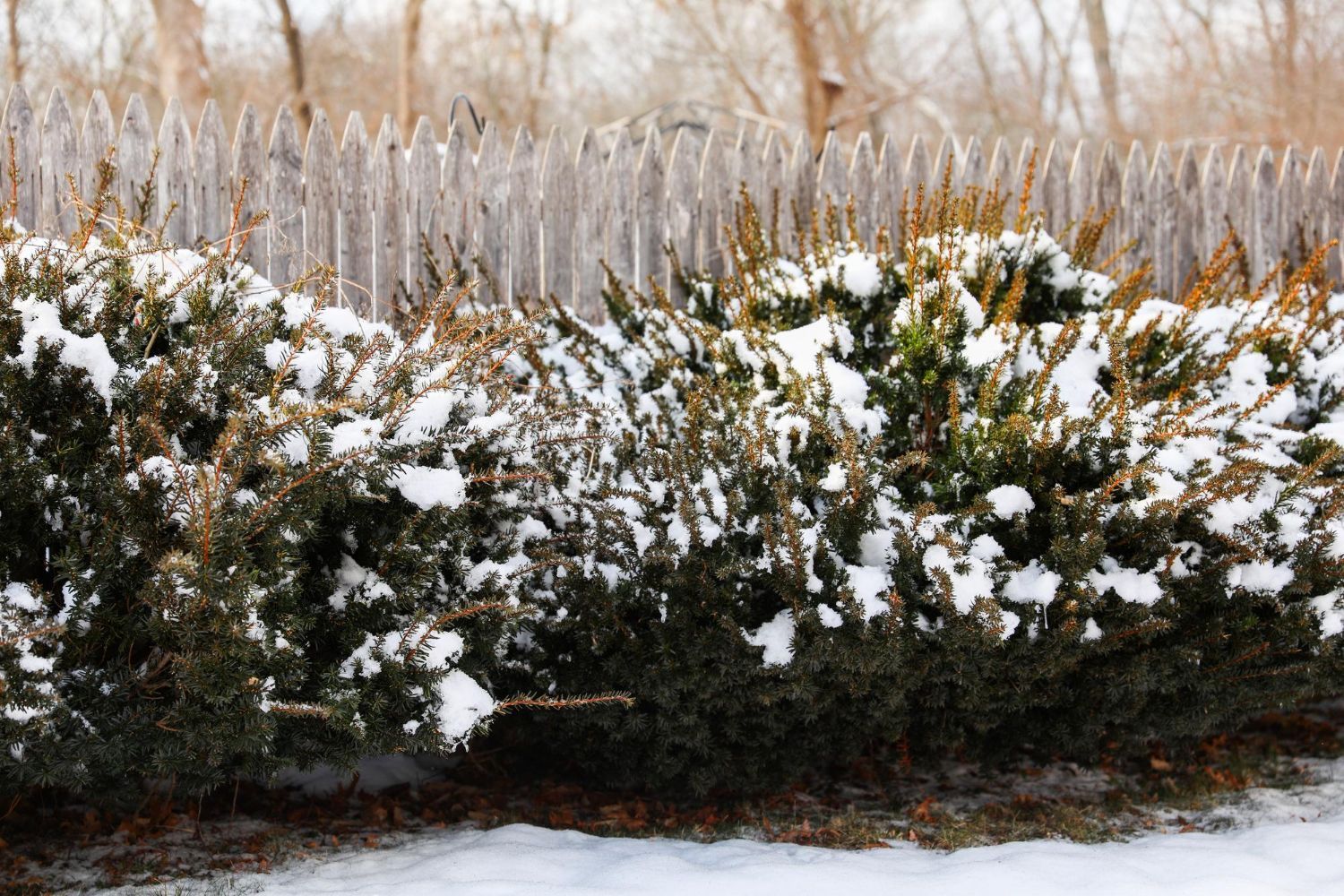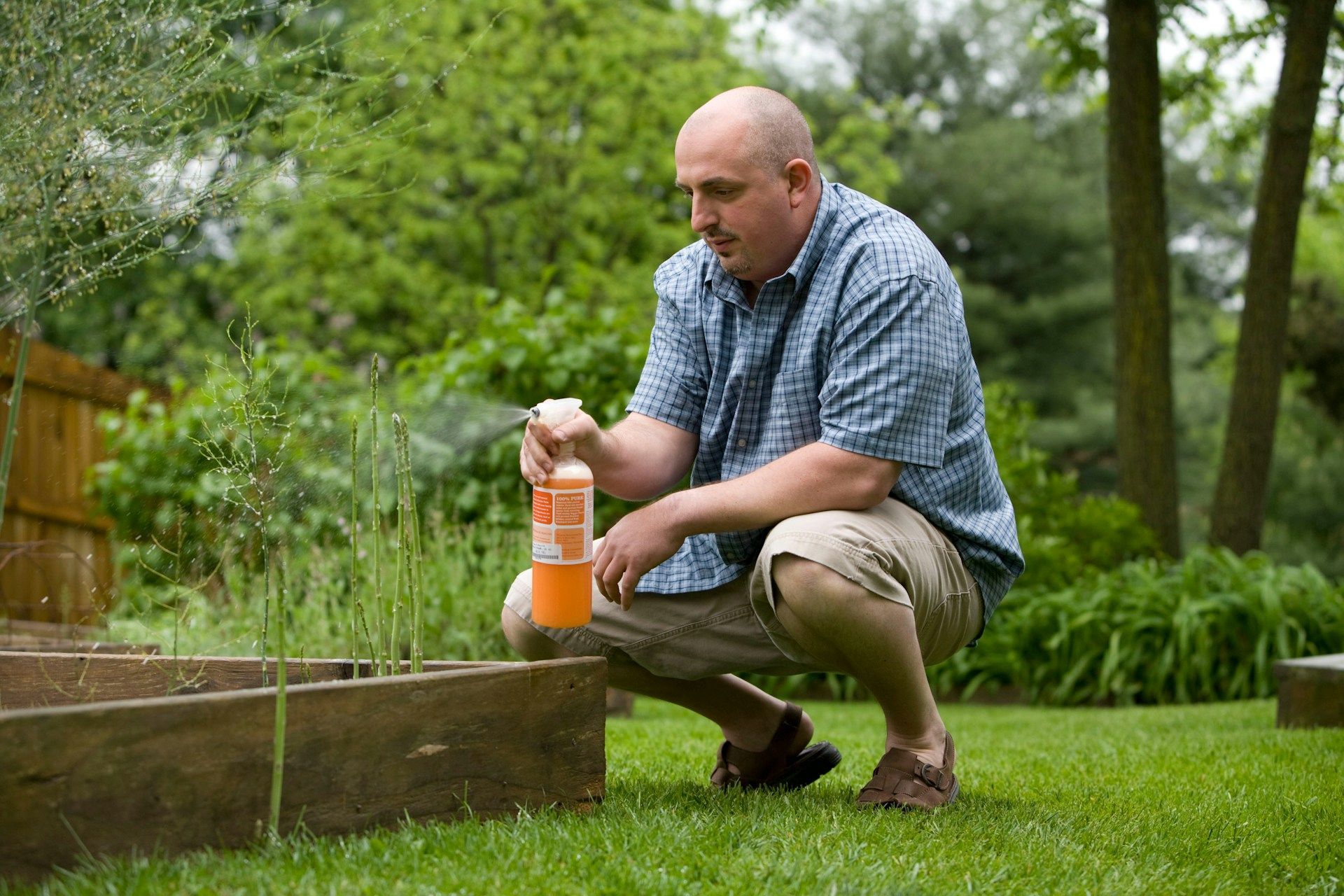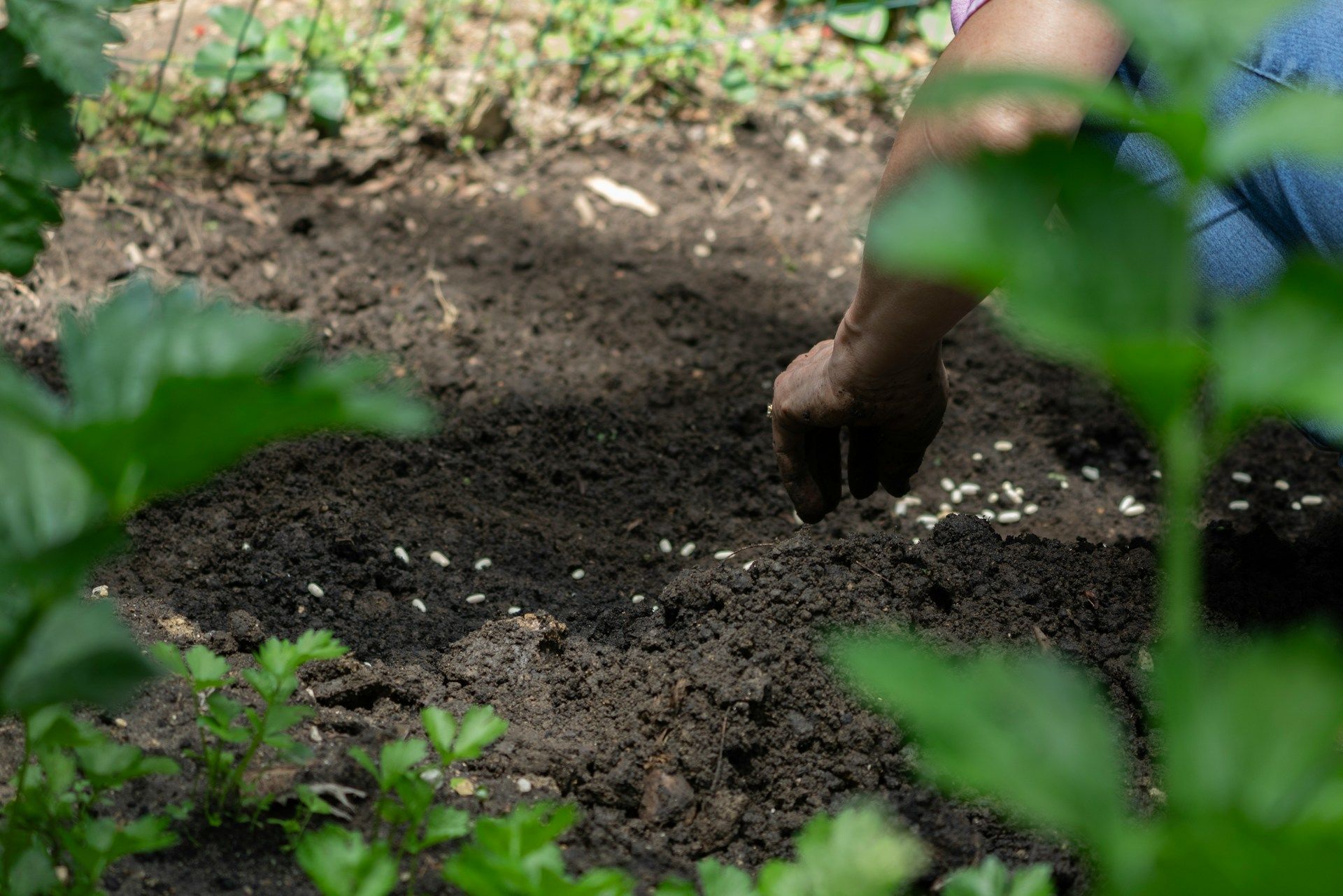What Our Customers Are Saying
Mastering the Proper Lawn Mowing Techniques in New Jersey
Maintaining a healthy and beautiful lawn in New Jersey requires more than just regular watering and fertilizer application—it's also crucial to adopt proper lawn mowing techniques. Adhering to best practices in lawn mowing can contribute significantly to a lawn's overall health and appearance, making it essential for homeowners to understand the finer details of this seemingly straightforward task.
In this blog post, we'll discuss the importance of proper lawn mowing techniques in New Jersey and answer common questions about cutting height, frequency, equipment maintenance, and unique weather conditions. By following these recommended practices, you'll be well on your way to nurturing a lush, green lawn that's the talk of the neighborhood. Let Healthy Lawn guide you through the intricacies of effective lawn mowing techniques to ensure your outdoor space thrives in every season.
1. Determining the Ideal Cutting Height for Your Lawn
The ideal cutting height varies depending on the specific grass species that make up your lawn. Cutting your grass too short can cause stress, inhibit root growth, and weaken the grass plants, making them more susceptible to disease, pests, and drought. Conversely, cutting the grass too high can lead to poor air circulation, promoting excess moisture retention and creating an environment conducive to disease and weed growth. Here are the recommended cutting heights for common grass species found in New Jersey lawns:
- Tall Fescue: 2.5 3.5 inches
- Fine Fescue: 2 3 inches
- Kentucky Bluegrass: 2 3 inches
- Zoysia: 1 2 inches
- Bermuda: 0.5 1.5 inches
- St. Augustine: 2 4 inches
Remember to adjust your mower's cutting height accordingly and avoid removing more than one-third of the grass blade length in a single mowing session.
Weekly Mowing Service
Our mowing parent company Custom Landscaping and Lawn Care can handle your weekly mowing. Use our instant quote today, it's fast, easy, and free.
2. Establishing the Ideal Mowing Frequency
Mowing frequency depends on several factors, including the time of year, grass species, and growth rate. As a general rule, mow your lawn frequently enough so that you never remove more than one-third of the grass blade length. This approach ensures optimal grass health and reduced stress.
In New Jersey, cool-season grasses like tall fescue, fine fescue, and Kentucky bluegrass typically grow more rapidly in spring and fall. During these periods, you might need to mow your lawn every 5-7 days. In contrast, warm-season grasses such as Zoysia and Bermuda grass have their peak growing periods during the summer months, which may require weekly or bi-weekly mowing. Adjust your mowing frequency to accommodate seasonal growth patterns and any unique requirements of your grass species.
3. Adapting to New Jersey's Climate and Weather Conditions
The climate and weather conditions in New Jersey can influence your lawn mowing practices. Here are some tips for adapting your lawn care routine to the local environment:
- Wet Conditions: Avoid mowing your lawn when it's wet, as this can lead to uneven cutting, damage to the grass blades, and increased risk of disease. If you must mow a damp lawn, ensure your mower blades are sharp and mow at a slower pace to avoid clumping. Also, consider waiting for a dry day if you're dealing with consistently rainy weather.
- Drought Conditions: During periods of drought, increase the cutting height and reduce mowing frequency to minimize stress on your lawn. This practice promotes deeper root growth and helps the grass retain moisture more effectively.
- Seasonal Transitions: Adjust your mowing frequency and height according to seasonal changes to ensure your lawn remains healthy throughout the year. For example, in spring and fall, focus on frequent mowing at the recommended height for your grass species, while in summer, you might raise the cutting height slightly to provide shade and reduce water evaporation.
4. Proper Lawn Mower Maintenance and Blade Sharpening
Maintaining your lawn mower and keeping its blades sharp are crucial aspects of effective lawn mowing. Dull mower blades can tear grass blades, resulting in a ragged, brown appearance and making the grass more susceptible to disease and pests. As a general rule, sharpen mower blades at least twice per mowing season or anytime you notice that the grass blades appear to be torn rather than cleanly cut.
To maintain your mower, follow the manufacturer's recommended maintenance procedures, which typically include regular oil changes, air filter cleaning or replacement, spark plug maintenance, and checking for loose or damaged parts. By properly maintaining your lawn mower, you ensure its optimal performance and minimize the risk of damage to your lawn.
5. Mulching vs. Bagging: The Benefits of Recycling Grass Clippings
Mulching, the practice of leaving grass clippings on the lawn instead of bagging them, is an eco-friendly mowing technique that returns vital nutrients to the soil and contributes to a healthier, more resilient lawn. When regularly mowing at the appropriate height and frequency, grass clippings decompose quickly and provide a valuable source of nitrogen and other nutrients for your lawn.
To mulch effectively, ensure your mower has a mulching blade, and avoid mowing when the lawn is wet or excessively tall, as this can lead to clumping. In contrast, bagging grass clippings might be necessary when dealing with excessively tall grass or when there is a high risk of spreading lawn disease.
By implementing proper lawn mowing techniques and adapting to the climate and weather conditions in New Jersey, you can significantly improve the health, appearance, and resilience of your lawn. Regular mower maintenance and proper cutting height and frequency adjustments contribute to a robust and sustainable lawn care routine that benefits both your outdoor space and the environment.
Conclusion
Mastering proper lawn mowing techniques tailored to New Jersey's unique climate and weather conditions ensures your lawn remains strong, healthy, and beautiful all year long. By considering factors such as cutting height, mowing frequency, adapting to weather conditions, and conducting regular mower maintenance, you can significantly improve your lawn's overall health and enjoy a lush, green outdoor space.
At Healthy Lawn, we are dedicated to providing expert guidance and top-quality
lawn care services that cater to your lawn's specific needs. Our extensive knowledge of the local climate and grass species in Middlesex, Monmouth, and Ocean Counties enables us to ensure your lawn receives optimal care. Whether you need assistance with selecting the right grass species, implementing sustainable lawn care practices, or providing ongoing lawn maintenance, we are your trusted partner for a thriving, gorgeous landscape. Schedule a consultation with our dedicated lawn care professionals today and experience the difference our comprehensive lawn care services can make for your outdoor space!


